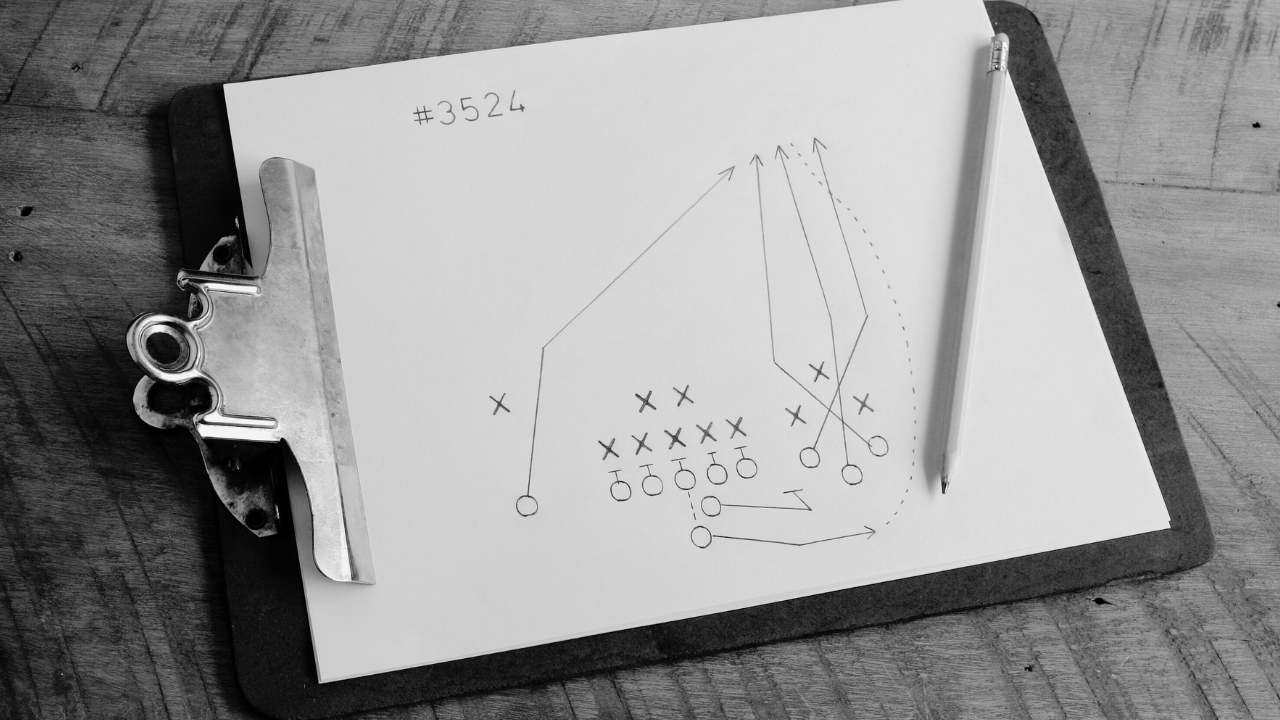SURVIVE WITH GAMING
Even after a pandemic, surveys show over half of people still do not have a personal preparedness plan for disasters.
Which group are you in?
If you do not have a plan, why not?
- Don't have the time?
- Don't know where to start?
- Fighting normalcy bias (nah, that can't happen)?
If you do have a plan?
- Is your plan more than one page of contact info and a checklist of things to do?
- How many scenarios have you planned for?
- Do you exercise your plans frequently?
Five years ago, how many people were planning for a pandemic? And not just the primary effects relating to health, but the secondary effects like extended lockdowns. Right now, U.S. national divorce and civil war are trending everywhere on the internet. From my time in the intelligence community, which included watching the USSR dissolve to traveling through the war-torn Balkans, I can tell you political strife can go on for sometime and then things suddenly change overnight. And let's not forget about the hurricanes, earthquakes, wildfires, and industrial accidents which are always with us. We do not like to think about this stuff, but these hazards exist and there is a non-zero probability they could happen to you.
If you are not planning or have bad planning, you will be winging it like most of your neighbors.
Proper planning methodologies are not widely taught in the civilian world, leading to OJT being the only way people learn how to plan, if at all. The good news is the military does have a methodology. I have taken this methodology, streamlined it, tailored it to personal preparedness, and enhanced the gaming features to increase effectiveness as well as making it more engaging.
Survive With Gaming is my online course which teaches you how to build a playbook for responding to large scale, hazardous events so that, if they do occur, will be ready.

"Proper planning and preparation prevents piss poor performance"
Anon.

MORE THAN
Response to an event is more than preparation. Preparation is the step in the response process where you train, position resources, acquire supplies and information, etc. The crucial step before preparation is planning. It is really hard to properly prepare without properly planning.

Getting Experience
Gen. Dwight Eisenhower once said, "... plans are useless, but planning is indispensable." This sounds contradictory, but it actually makes a lot of sense. Plans can go unused, so you will never know if they were good plans. Plans can also be ineffective because the event plays out differently than anticipated. This is a potentially painful way to learn. In the process of making those plans, however, you can safely explore as much of an event as time allows. While not as good as actual experience, it still provides experience in a simulated environment. For survival situations, that might be all you can achieve.

Making Playbooks
Sometimes an event calls for a specific plan. Most of the time though, you will probably find that response to an event is similar to the response to another event or at least has a few common components. So, it is helpful to think about planning as building a playbook. A proven playbook that can be tapped into at any time. It provides confidence when facing a new challenge, especially on short notice, that you have a play ready to go.

Building In Resilience
Fragile plans are a waste of time and can prove more dangerous than the event itself. Though we try to minimize the effects, bad assumptions, failures, and obstacles are a fact of life. So, it is imperative plans be flexible and robust. You find out during execution or by trying to break them during the planning process. It is certainly a lot easier and safer to do it during planning.
WOULD YOU LIKE TO TAKE THIS COURSE?
SEND ME YOUR NAME AND BEST JUNK EMAIL ADDRESS AND I'LL KEEP YOU UPDATED WHEN IT BECOMES AVAILBLE
If you know someone who might want this course have them sign up as well. I am looking for at least 100 people to launch.
Look for an opt-in email from me in a bit.





